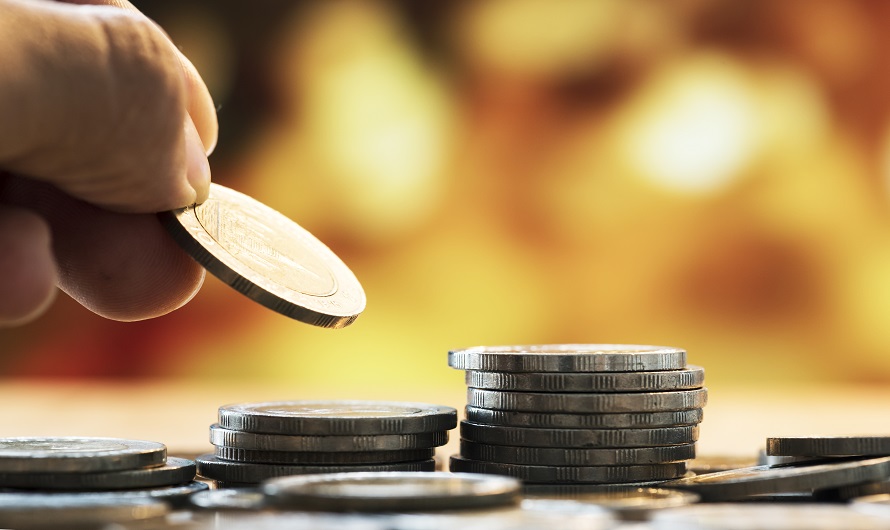The foreign exchange market in its abbreviated form is known as the forex market, the currency market, or simply FX. It refers to a kind of over-the-counter market in the global marketplace that fixes the exchange rates for the currencies of different nations across the globe. The participants in the markets can sell, buy, exchange, and even speculate on the relative rates of foreign trade of other currency pairs in the world.
Kavan Choksi Singapore- components of the foreign exchange market
Kavan Choksi Singapore is a reputable business and finance expert, and he states that the foreign exchange markets are made up of commercial companies, banks, forex dealers, firms that deal with investment management, investors, central banks, hedge funds, and dealers in retail forex.
The history of the foreign exchange market
The foreign exchange market, also known as the currency market, was one of the first financial markets in the world to bring organization to the global economy. If you consider the volume of trading that is conducted here daily, it is one of the biggest financial markets in the globe. Besides being a marketplace for the buying and selling of currencies, it is a place where currency conversions are done for international trade settlements and investment. It is a place where speculation and the exchange of currencies are done as well.
Currency pairs in the forex market
The trading of country currencies is done in pairs in the forex market, and the value of one currency in the team is relative to the value of the other. The above determines how much the currency of country A can buy in country B and vice versa. It is the primary function of the financial market to determine this relationship between the currencies of two nations in terms of price. This role of the forex market enhances the liquidity in the economy and serves as a key to the stability of an economy.
Free float or fixed currencies
The value of a nation’s currency depends on whether it is fixed or free-float in nature. The free float currency is that whose relative value of determined by the relationship of supply and demand are free-market forces in the economy.
The fixed float currency refers to one whose value has been fixed by the governing body of a nation relative to the other currency regularly by pegging the money to a specific standard. In the world, free-floating currency include the Japanese Yen, the US Dollar, and the British Pound, whereas the fixed currencies include the Saudi Riyal and the Panamanian Balboa.
Kavan Choksi Singapore states that one of the most distinctive features of the forex market is that it has a worldwide network of vital financial units that operate 24/7 and are closed only during the weekends. As one hub for forex business closes for the day, there is another center open for conducting business for the day. This boosts the available liquidity in the currency markets and adds to its appeal as the largest class of assets accessible to traders.







